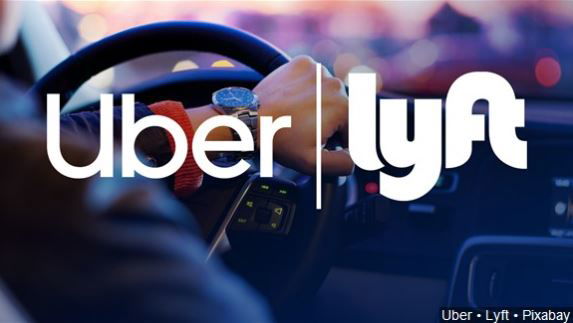App-based drivers share differing views on Prop 22 after California voters approve measure

Jennifer Mistrial is a grandmother who has been driving for Uber, Lyft, DoorDash and Postmates for years.
Valuing a flexible schedule, she supported Proposition 22, and is glad the measure has passed.
"I love that fact that it has gone through. It means my job is more reliable as a source of income," said Mistrial.
Mistrial and other drivers will now be legally consider "gig workers", meaning the companies they drive are not required to provide sick leave, unemployment compensation, or worker's compensation.
Mistrial says the benefits of the work outweigh the lack of traditional benefits.
"I can work when I want and work when my kids are in school. That allows me to be home when they are and make sure they get their homework done and they get meals on the table," said Mistrial.
A study by U.C. Berkeley concluded workers, under the terms of Prop 22, will only be guaranteed $5.64 an hour.
The measure includes a modest healthcare subsidy and indicates drivers will be paid minimum earnings of 120 percent of minimum wage.
But drivers will only be paid during "engaged time", which only covers the time between a driver's start and complete request.
Uber, Lyft and the other tech companies spent about $200 million on their efforts to get voters to approve Prop 22.
Among app-based drivers who opposed 22 is Jerome Gage, partly because the measure prevents app-based drivers from forming a union.
"Prop 22 is a dangerous piece of legislation because it is going to lock in sort of lower tier of employment for Uber and Lyft drivers," said Gage.
